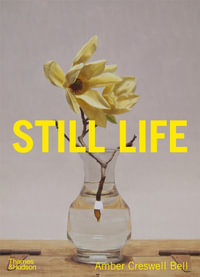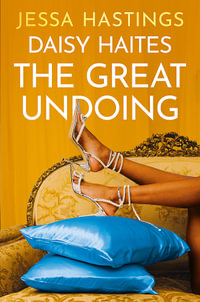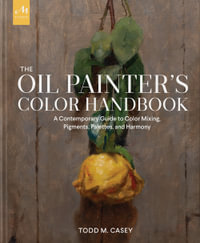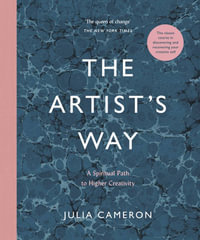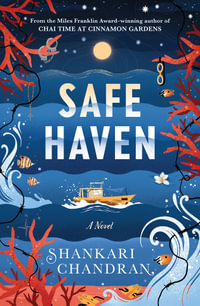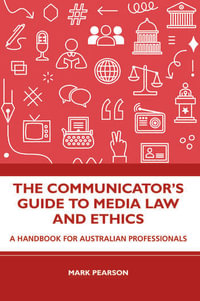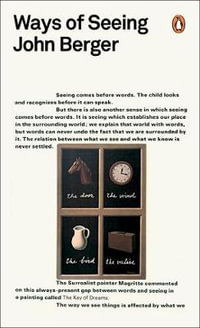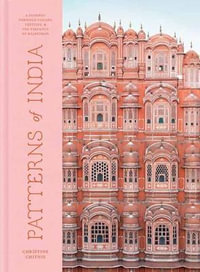". . . as compelling as a thriller...Clark shows that this [book] really is the merest doorway to what is ultimately a truly sublime mystery."-John McEwan,
The Tablet". . . an eloquent plea for a new way of experiencing and talking about art."-BBC Radio 3 Nightwaves website
"What's important about this book is simply that it takes 'inexhaustibility' seriously. ... The Sight of Death is a characteristically mobile text - lucid, dogged, swankily sophisticated, intractably self-conscious, humorous, agonised, driven. ... And the whole argument of this book, naturally, is that the thought isn't simply there to be grasped. It unfolds through steady and repeated acts of looking. That is how pictures operate, when they do well. They ask you back."-Tom Lubbock, The Independent
". . . intended as an antidote to a culture in which images thrive but are instantly consumed and forgotten. It's almost a detective story as Clark pieces together the evidence derived from repeated looking... Clark's account is proof that some works really do deserve this kind of scrutiny, and that close attention to things is an adventure."-Andrew Mead,
Architects Journal"[An] absorbing book . . . Part (muted) autobiography, part critique of his profession as an art historian - and more than anything else a rapt account of what it is to look attentively and inattentively and still be able to think politically - Clark has written a book about loss of attention and the possibilities of its recovery. . . . There is a strange meditative suspense about what is going to be revealed by Clark's unfussy scrutiny of the pictures. The plain subtlety of the writing and the beautiful reproductions throughout...make the experience of reading the book akin to the process Clark is describing. . . . It is not incidental that at a time when there is more visual art than ever before, most writing about the visual arts is either mind-numbingly pretentious and cliquey or boringly descriptive and without vision. Clark's book could not be more timely."-Adam Phillips,
The Observer"Part of this is a revolt against the present-day dominance of the moving image, and partly a rebuke to the so-called elitism of pure contemplation. The result is wonderfully dynamic, and . . . relevant in ways that could not have been foreseen. . . . [Clark] is as far removed from comfortable connoisseurship, with its usual signifiers, as it is possible to be, yet what is internalised and noted is rigorously true to what the painter intended the viewer to apprehend. . . . What it proves - and this is entirely acceptable - is that the best antidote to reading is looking. . . . Forget blockbuster exhibitions: this is the way to see pictures."-Anita Brookner,
The Spectator"An original and outstanding book. You might think [Clark] would not have enough to say. Or that if he had, it would be about himself or his reading. But he has more than enough, and none of it is indulgently subjective or interpretively pat. . . . Without jargon, Clark records what he notices, what questions remain hanging, what stirs his sympathy and imagination. ... It does not give the end away to say he reaches few conclusions. His is an open-ended back-and-forth, almost an imaginary conversation with the painter. Tidy formulas would betray the spirit of his experiment. He writes as someone who finds it urgent to bring out and show off reticent objects of love, rather than as a connoisseur or teacher. . . .
The Sight of Death [is] a powerful vindication of close looking on its own terms."-Edmund Fawcett,
RA Magazine"Clark's book is either the most pretentious nonsense ever written or a work of genius. But which?...he surely is right to want to debunk the old myth that images reveal themselves in a single, highly charged moment.
The Sight of Death is a sustained attack on what Clark calls the 'visual flow'. The more images that come at us - be they ads, or magazine covers, or reproductions of famous paintings - the more necessary it becomes 'to suggest what is involved in truly getting to know something by making a picture of it: to state the grounds for believing that some depictions are worth retuning to."-Rachel Cooke,
The Observer"A revelatory exercise in art criticism."-Matthew Sweet,
The Independent on Sunday

